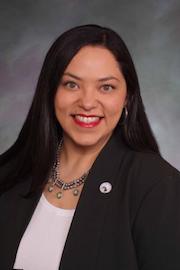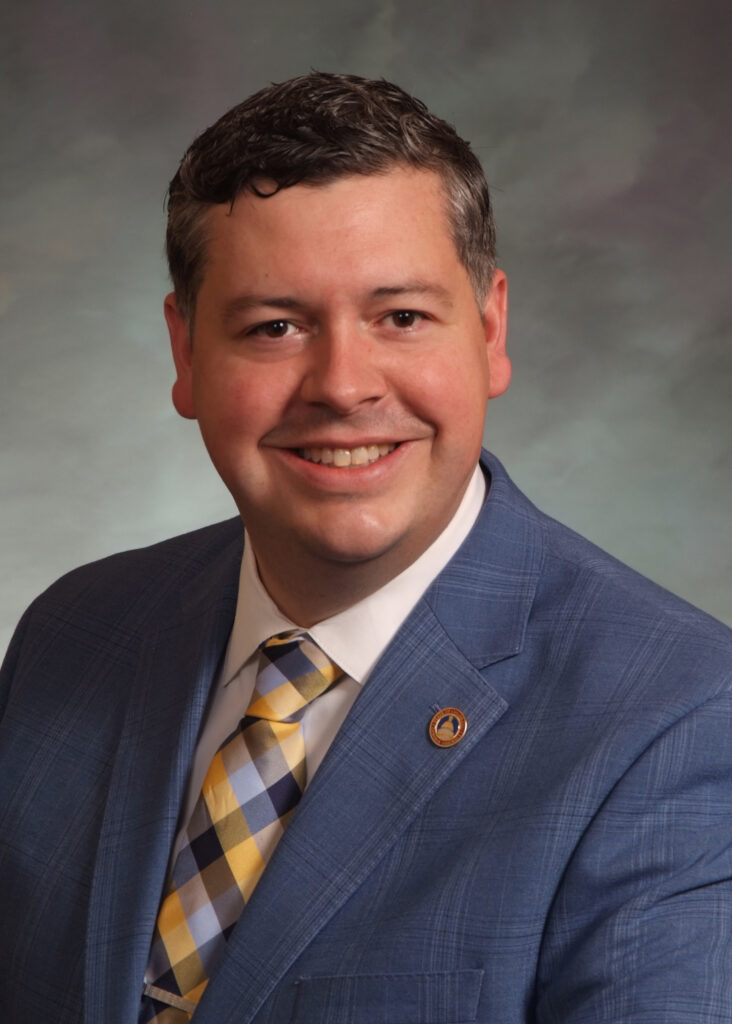By Eric Heinz
North Denver’s legislators said they were overall pleased with what they accomplished during this year’s General Assembly session, but there are always bills left on the cutting room floor.
Gov. Jared Polis had until June 10 to sign any outstanding bills into law, which is 30 days after the year’s session is adjourned.
The two members of the Legislature The Denver North Star spoke with are both Democrats, the controlling party of the General Assembly in each chamber, which helped pass a number of bills.
“As Coloradans, we’re all still navigating a lot of crises,” said State Sen. Julie Gonzales, D-34. “We started off this session in the midst of a (COVID) surge and in a lot of economic uncertainty, a lot of trepidation.”

Gonzales sat on the General Assembly’s affordable housing task force this session, and she said she was happy to appropriate funding intended to help develop income-restricted housing, which was signed
May 31 by Polis.
“I was really proud of the work that we did over the session to move forward legislation that sets aside … $178 million to support local communities and nonprofit organizations who are experts in actually developing and building affordable housing,” she said.
Gonzales also sponsored legislation to put $35 million toward helping mobile homeowners purchase the parks where they reside through a revolving loan and grant program. She said mobile home parks are one of the few remaining “naturally occurring” forms of lower-priced housing.
She also sponsored a bill that was recently signed by Polis to put $105 million over the next two years toward helping homeless people find supportive housing and services.
The money would go to governments and nonprofits to finance such needs. Several other bills Gonzales touted included a slate of legislation regarding mental health problems and a bill to keep abortion
rights in tact as the nation awaits a decision by the U.S. Supreme Court that could potentially overturn Roe v. Wade.
“The policies that we passed to support folks experiencing the mental health crisis, really proud of that work,” Gonzales said. “Regardless of what happens at the Supreme Court, here in Colorado we just believe that there should never be a politician standing between you and your doctor.”
Gonzales said a bill to temper toxic contaminants has been sent to the governor, but a lot of the restrictions were amended throughout the process.
“Absolutely that bill was hard-fought, and there are a number of concessions made at every step of the process,” she said. “At the end of the day, it’s not just ozone. We also have to address the harmful toxic chemicals coming out of these toxic polluters.”
Some of the other bills she said she was proud of include an act providing scholarships to Auraria Campus colleges to descendants of people who were displaced by the construction of the schools.
Gonzales said she sponsored policies that would have “held metro districts and homeowners associations accountable,” but those died days before the end of the session.
As a member of the economic recovery task force committee, State Rep. Alex Valdez, D-5, said much of his legislation revolved around getting the state funding patched up after the effects of the COVID-19 pandemic.

“Many of my bills had very high appropriations, which is pretty rare,” Valdez said. “I feel pretty happy that we actually had resources to use to solve these problems. I wish we had that every year, and I wish we
didn’t have to go through the pandemic to get those resources.”
One of the bills Valdez championed put about $15 million toward establishing crisis intervention programs within Colorado’s criminal justice system. It also funds grants to support departments with staffing shortages and fund training for certain officers.
“There is a lot of concern about rising rates of crime, and I believe that in crafting this bill what we were able to do was really strike a balance of finding ways to invest in alternate response programs,” Valdez said. “Denver has the STAR program, which has been very successful thus far. So this will make additional investments in programs like that.”
Another issue Valdez tackled this session was providing more funding to reduce the cost of childcare.
“One of the issues that I’ve worked on my entire career at the Capitol has been childcare, the lack of quality child care and the lack of affordability in childcare,” Valdez said. “One of the really great pieces of
legislation that I was able to get through this year was a $100 million investment in childcare and finding ways to bring more providers online.”
A statewide building code to reduce greenhouse gas emissions was also signed by Polis earlier this year, which Valdez introduced as a similar model to Denver’s new building standards for pollutants.
“We (Denver residents) live kind of in this bubble where we have adopted smart building codes, smart rules around how we build,” he said. “The rest of the state has had no part of it. And as we know, pollution, greenhouse gasses, climate change, we all have to be on the same page and this really
helps us to get there.”
Valdez also had a bill signed recently that repurposes the Ridgeview Campus in Aurora to provide housing and support services for as many as 500 homeless people at a time.
Although many of his bills made it to the governor’s desk, Valdez had one bill in particular that didn’t make it, which would have created a refundable state income tax credit of up to $75 to purchase anti-theft devices for people who had their packages stolen.
“It didn’t get an appropriation, which was unfortunate because it was an innovative strategy of dealing with something that’s very irritating to the constituents of Denver,” he said. “But it did start a conversation
about alternate methods to deal with porch piracy without criminalizing. So I thought it was unique.”
Another bill that passed that was not sponsored by the two legislators interviewed will fund at least 30 days of free RTD services during “ozone season,” in an effort to reduce greenhouse gas emissions when they are at their highest in the city.
According to a summary of the bill, “Eligible transit agencies and the RTD can use the money to cover lost farebox revenues and to pay for other expenses necessary to implement the program, including expenses
associated with an increase in ridership as a result of the program.”

Be the first to comment